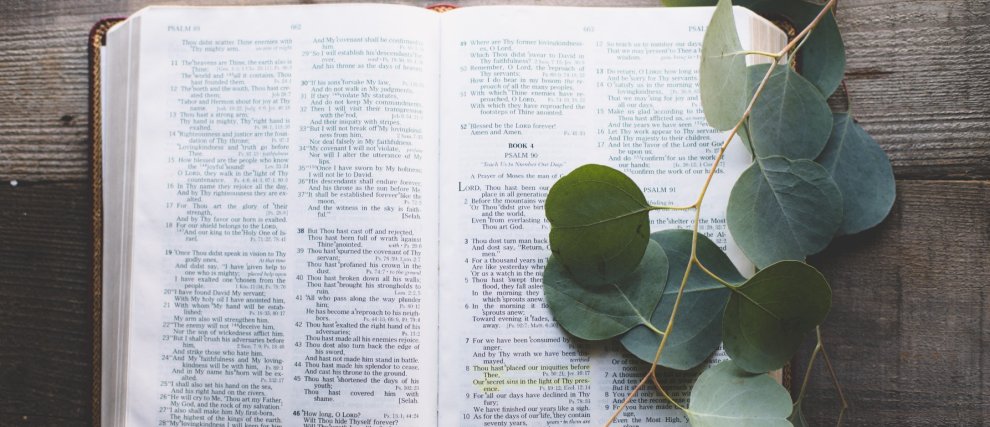Saint Gregory the Great
Biography of Pope Gregory I
Gregory the Great, also known as Gregory the Great, was the Pope of the Catholic Church from 590 to 604. Born in Rome in 540, he belonged to a large family of the Roman aristocracy. His family was deeply Catholic, and he had a pope ancestor: Felix III. His father was a very pious man and his mother was Saint Sylvie, who had become the patron saint of the mothers of priests. Alongside his mother, Gregory would feed the poor. He was a pious child, but turned towards a worldly career.
After he performed excellently in his studies, he became prefect of the city of Rome at the age of 30. The city was going through a very difficult period: plague, economic crisis and the capture of the city by the barbarians on several occasions. In this context, Gregory displayed his abilities as an administrator and governor, as well as his sense of diplomacy and politics. At 35, he realized that this success did not measure up to the real challenges of existence. While he had long resisted the call of God, he now decided, moved by grace, to work for eternity to lead a life of renunciation.
Gregory gave up his career, abandoned his administrative duties, honors and riches, and chose monastic life. With a monk, Valencio, he founded a monastery in his own family home and gave it the rule of Saint Benedict. This is where he began his monastic life. Having found the life he dreamed of, Gregory was truly happy. Enclosed in his monastery, he could devote himself entirely to prayer and its salvation. Quickly he developed a deep mystical life: he had ecstasies, visions of the angels, of the Virgin Mary and of the Holy Spirit.
A man of great moral and intellectual value, Gregory was a precious asset for the Church. To his great dismay, the pope removed him from the monastery to make him his apocristate in Constantinople to defend the interests of Rome there. Gregory found himself immersed in the intrigues of the Byzantine court and the disputes between Rome and the Patriarchate of Constantinople. His embassy lasted six years, after which he came back and took up his old position. Very early, Gregory was struck by health problems, suffering from a stomach ulcer, and would be sick for more than thirty years. In 590 Pope Pelagius II died of the plague, and it was Gregory who was elected pope of Rome by the Senate. He undertook the reform of the Roman Curia, giving places to Benedictine monks more trustworthy than senators. Gregory I founded monasteries, imposing the Benedictine rule on them.
During his fourteen-year pontificate, the situation in Rome was catastrophic at all levels. Gregory, full of compassion for the inhabitants, put all his energy into making things right. However, he noted that he was powerless to turn away the wrath of God on the city. One day, as the plague devastated Rome, Gregory organized a procession with the whole crowd praying to heaven to stop the epidemic. The pope then saw the archangel Saint Michael resting at the top of the mausoleum of Emperor Hadrian and stowing his sword in its sheath. Gregory interpreted this vision as marking the end of the epidemic. Indeed, this came to pass.
Gregory spent the last 6 years of his life in bed, carrying out his major reforms from his room. In 590, he wrote the Pastoral Rule which is a rule of the good bishop and which will serve as the basis for the reform of the Church. Gregory wanted to reform norms, and he had to begin with the papacy, the episcopate, and the Church itself. Worn out by illness, Pope Gregory I died on March 12, 604 in Rome.
Saint Gregory the Great was proclaimed a doctor of the Catholic Church and is celebrated on September 3rd. Together with Saint Ambrose, Saint Jeremy and Saint Augustine, Gregory the Great is one of the four great fathers of the Western Church.
The Writings of Gregory the Great
Saint Gregory the Great was one of the greatest monastic writers; his writings formed the great monastic canon of the monks of the West until the sixteenth century.
- Homilies: Drawing on his personal spiritual experience, Gregory writes very enriching homilies and Bible commentaries. According to tradition, it was the Holy Spirit, in the form of a dove, who came to whisper his writings into his ear. In his lifetime, his homilies were already widespread, including the famous homilies on the prophet Ezekiel, the 40 homilies on the Gospel, and the comments in the book of Job (Morales on Job).
- Letters: Gregory left behind an large body of correspondence published under the title Register of Letters. This collection includes more than 800 letters (spiritual letters, official letters, ordinances, etc.).
- Dialogues : this work constitutes the biography of Saint Benedict of Nursia by Saint Gregory the Great. Written in 593, 30 years after the death of Saint Benedict, this work reveals the life of holiness, the miracles and the rule of Saint Benedict.
The Order of Gregory the Great
Saint Gregory is the biographer of Saint Benedict, who died thirty years previously, almost totally unknown. It was Saint Gregory who highlighted the still-unknown rule of Saint Benedict. Inspired also by the Greek authors: Saint Basil the Great, Saint Pacomus, and John Cassian, Saint Gregory formed a very balanced rule, perfectly meeting the needs of the monks of the West. He imposed it on his own monastery and then in the others that he reformed and founded everywhere in Italy. This extraordinary monastic rule constitutes the originality of monastic thought in the West. In short, the rule of Saint Benedict allied to Gregory the Great yielded the Order of the Benedictines.
The Gregorian Chant
The time of Saint Gregory is marked by the creation of the liturgy. The Church gave order to ecclesiastical singing. From an early age, children were trained in liturgical singing. During his pontificate, Gregory I reorganized the whole course of the liturgy. Under the inspiration of the Holy Spirit, he himself wrote hymns and composed song pieces to which the name of Gregorian chants would be given. Gregorian chanting has always been considered the most perfect model of sacred music, possessing the qualities of holiness, universality, true art, to the highest point. These musical qualities make the Gregorian song a unique song and stripped of all artifice.
Prayer of Saint Gregory the Great
O Lord Jesus, may you have the goodness to approach me, moved by mercy. Descending from Jerusalem to Jericho, you are falling from the heights into our lowlands, from a place where beings are full of life in a land of sickness.
Behold, I have fallen into the hands of the angels of darkness, who have taken away the garment of grace from me, and have beaten me, and left me half dead.
May you heal the wounds of my sins, after you have given me hope to recover my health.
May you anoint me with the oil of your forgiveness and pour on me the wine of the punishment.
If you would take me to the inn of your Church, you would feed me there with your Body's food and your Blood.
If you took care of me, I would no longer disobey your orders, I would no longer draw on me the rage of the beasts in fury.
For I am in great need of your care, as long as I bear this sinful flesh.
Hear me therefore, I the Samaritan, stripped and wounded, weeping and groaning, calling and crying with David, “Mercy on me, O God, according to your great tenderness! ”(Psalms 50:3).
Amen. Amen.
Praying with Hozana
Come and pray with the community. Every day, receive one prayer in your inbox! Prayer is food for the soul, take a few minutes to recharge each day

